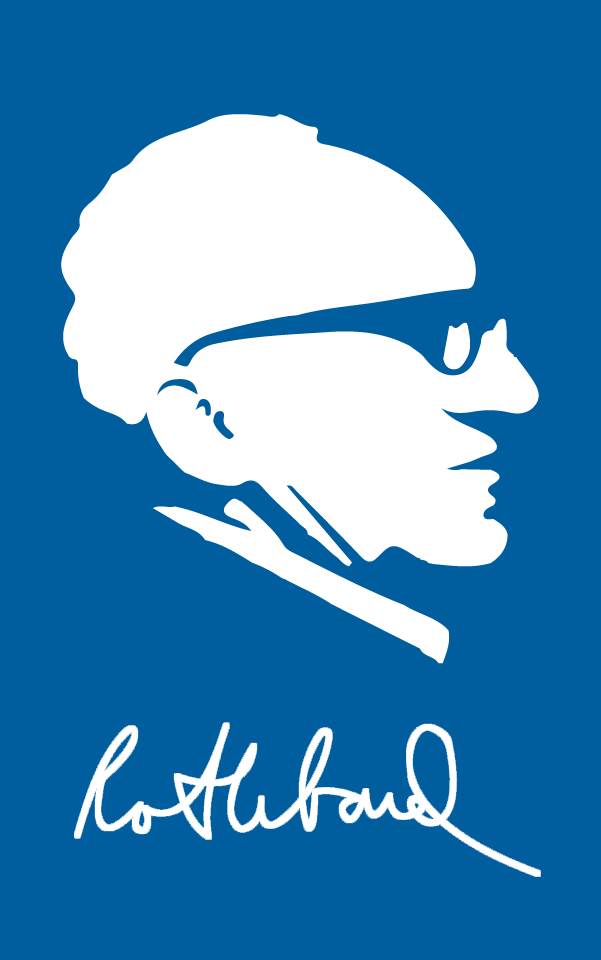I Almost Became an Anarchist

A mini-review of The Essential Rothbard by David Gordon.
Murray Rothbard almost made me an anarchist.
I had read some of Rothbard's stuff and had delved into various areas of anarchist thought (mostly through this somewhat difficult, very thick, often fascinating volume). I've abandoned such notions, but my six-month foray was worth it. The anarchists make you ask questions that every person concerned about things public (the republic) should ask: What is the origin of government? How exactly do wars happen? How can a country surrender in a war if it has no government? If the State exists by violence--actual or the threat of--does that tend to make society more violent?
I've come to view Rothbard as a great economist, a good historian, and an amateur but unique philosopher. He has his flaws (he tends to indulge in false dichotomies), but he raises questions that the American people ought to ask a lot more frequently.
Gordon's volume is a great place to start.
Oh, and why didn't I become an anarchist? Simply because of natural law. We desire to live among others, either for self-preservation or because we are social animals. Once we come together, a hierarchy will naturally develop and from there, government will form.
Anarchism, simply put, isn't natural. Rothbard believes in the natural law, but I fear he falls short in its application when it comes to our social nature.
